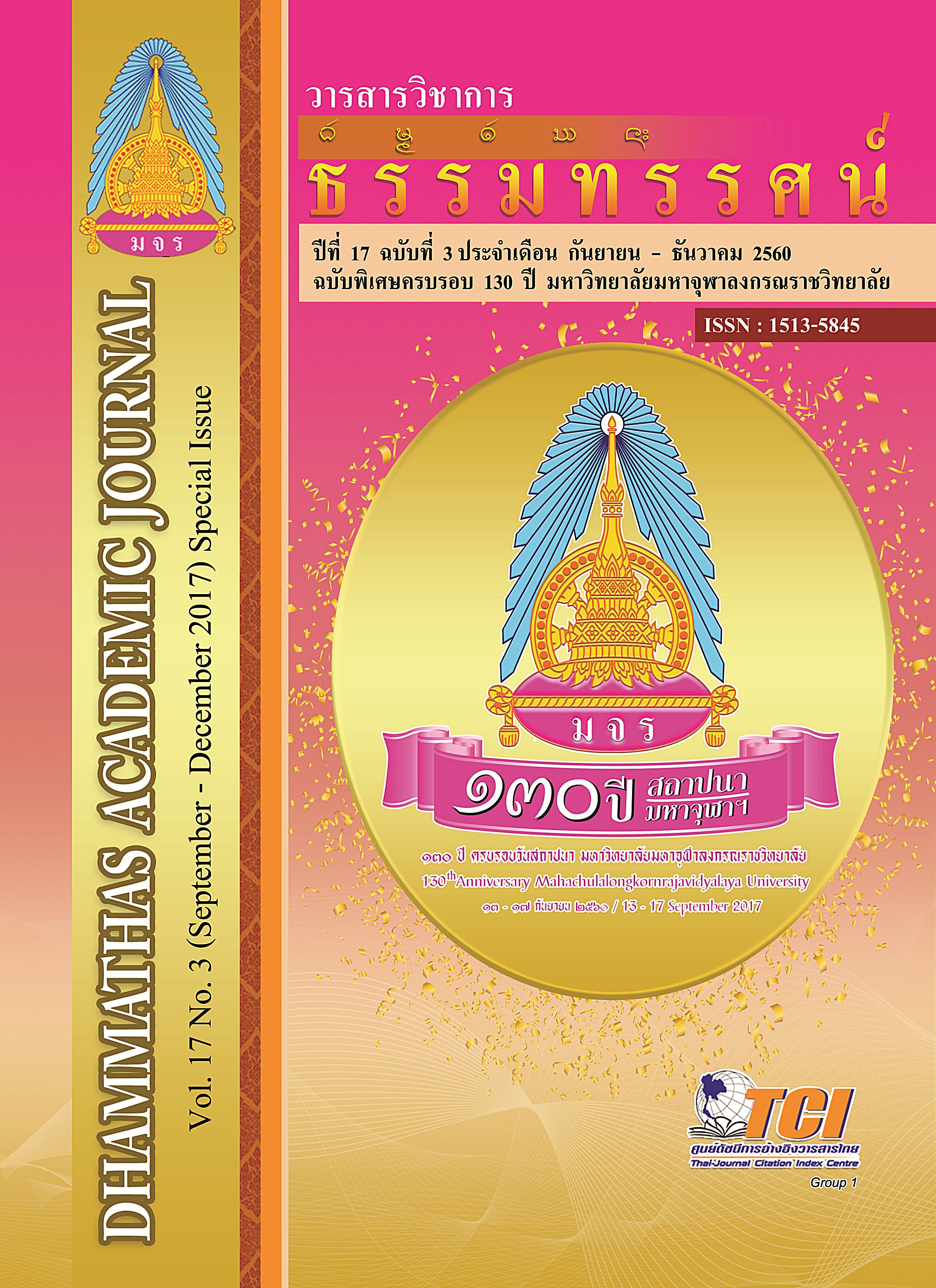Analysis of State Policy of “Populism” to “Civil State” Similarities and Differences from Thai Government’s Direction
Main Article Content
Abstract
This article aims to study public policy that are of interest today. Populist policies Public policy and Civil stateThe authors used a model to analyze how the reader can compare the similarities and differences of the two policies.The study indicated that Both policies are determined by political institutions with the power management alike. But there is a difference in the objectives of the policy.Populist policies are set up, the main reason is to meet the needs of most people at the grassroots to the elite of the political popularity.The Civil state is determined to wipe out populist policies and actions to solve the economic problems in the country, along with trying to create a model for sustainable development.However, despite the government’s policy, both are different in their purpose. Although the Civil State is a form of civil government with the participation of all sectors in the process of policy implementation. But in practice it is not possible to conclude that Civil State is different from the populist policies entirely.

